NOCTI - Photography (Mrs T.)
1/59
There's no tags or description
Looks like no tags are added yet.
Name | Mastery | Learn | Test | Matching | Spaced |
|---|
No study sessions yet.
60 Terms
Photography
'Drawing' with Light
ISO
Measures the sensitivity of the image sensor
High ISO number
Makes camera more sensitive to light but adds more noise/grain in your image
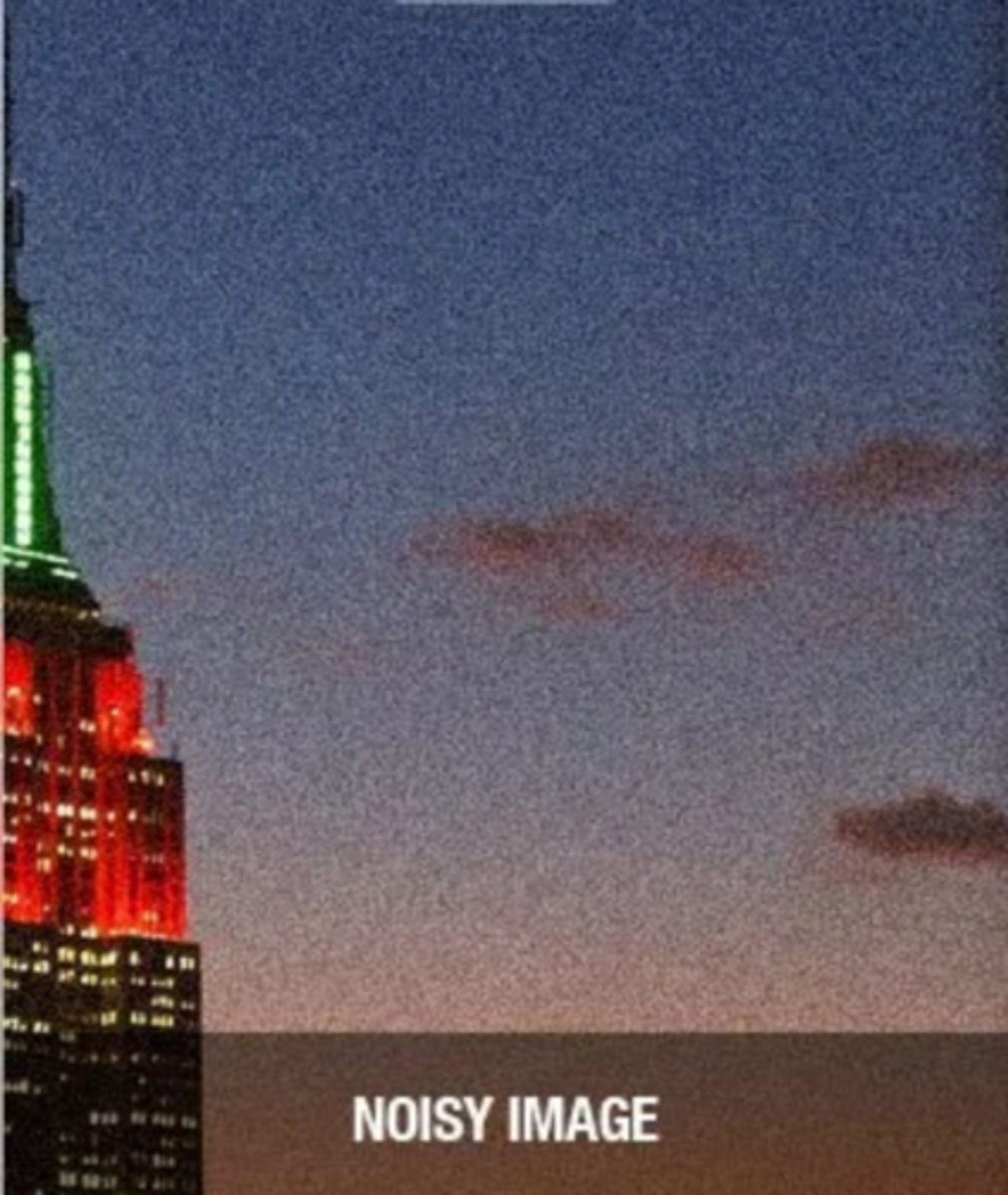
Low ISO number
Makes camera less sensitive to light and creates less noise/grain in your image
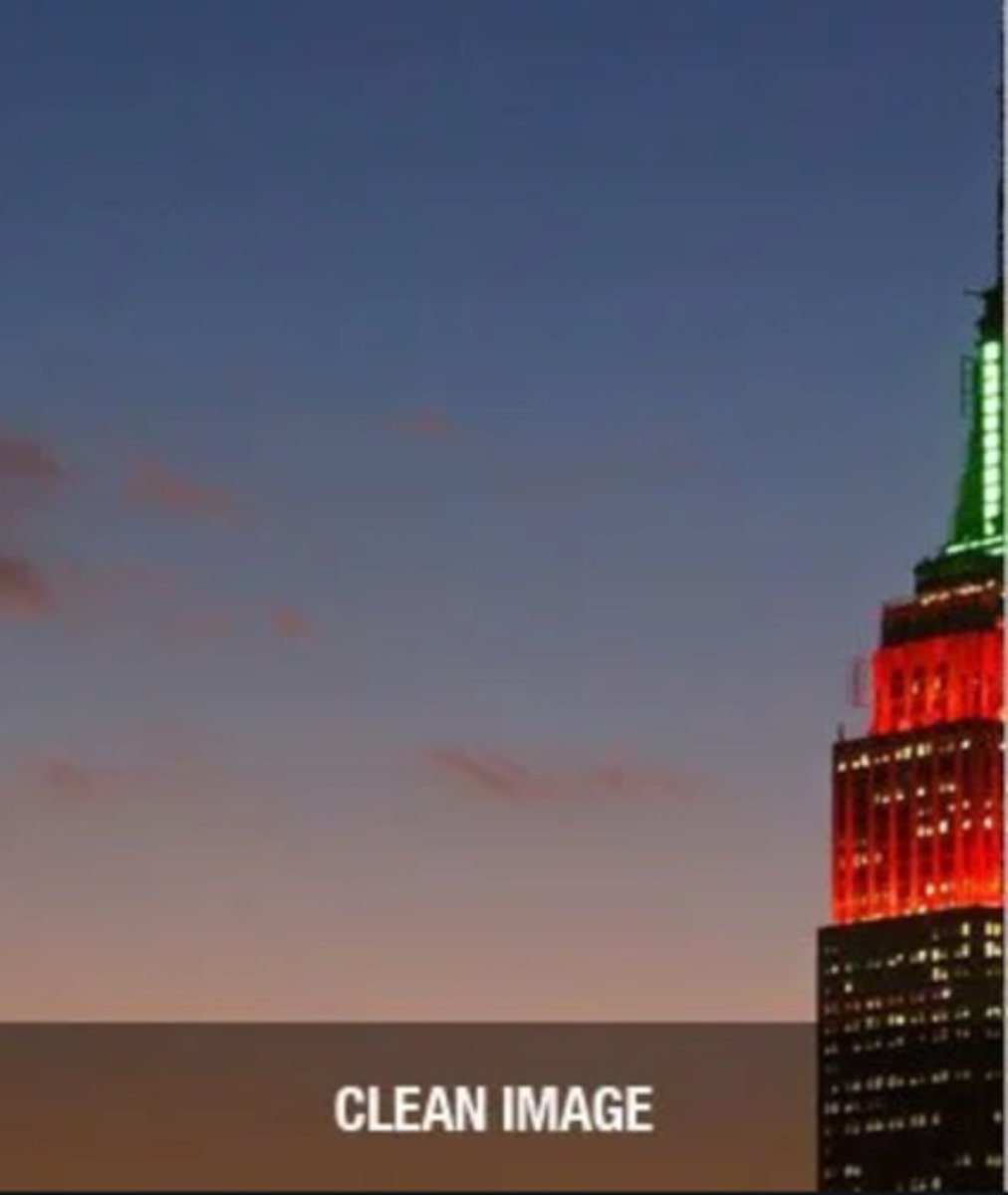
Aperture
An iris or hole within the lens, through which light travels into the camera body
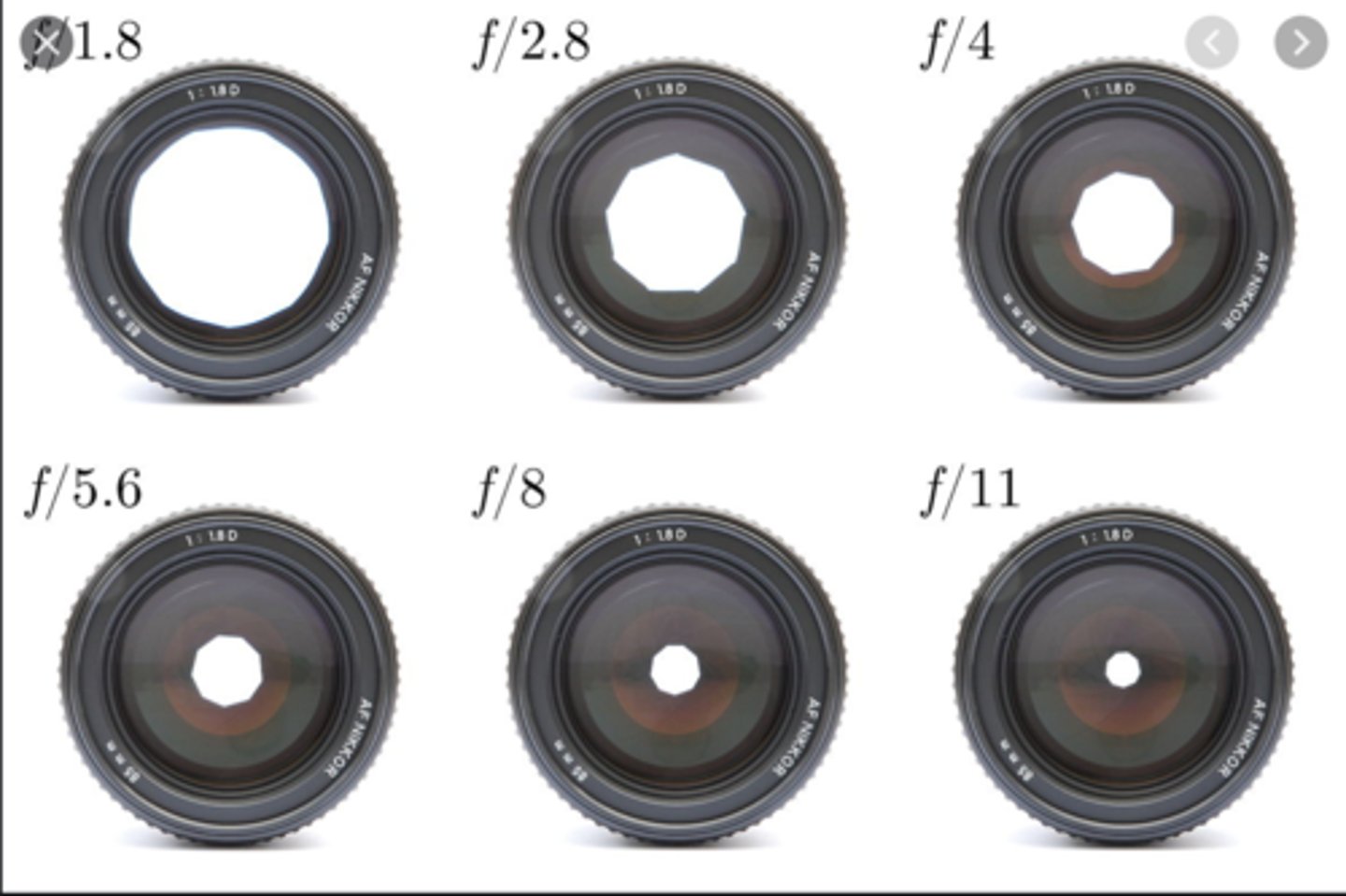
F/Stop
The iris in the lens opens and closes at specific settings called __________
F/4
Larger Aperture opening, creates a shallow DOF
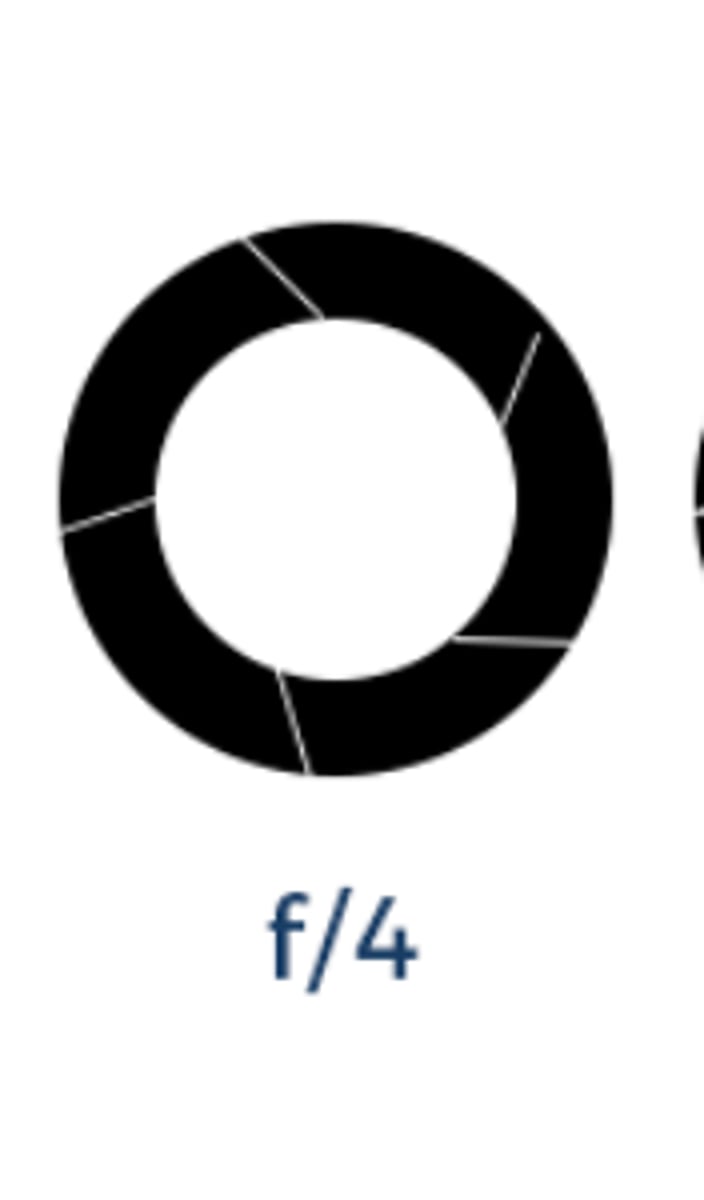
F/22
Smaller Aperture opening, creates a greater DOF
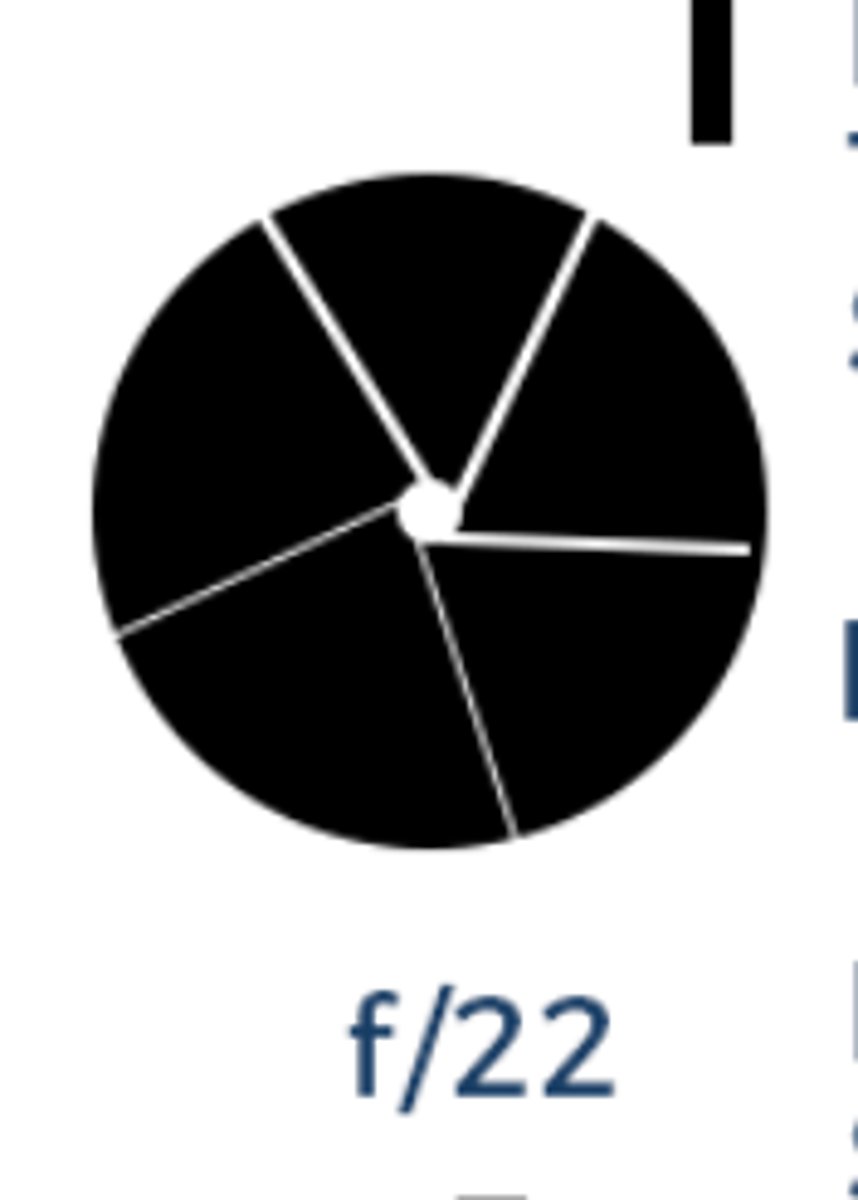
Depth of Field (DOF)
The amount of your image that will be in focus, controlled by your aperture
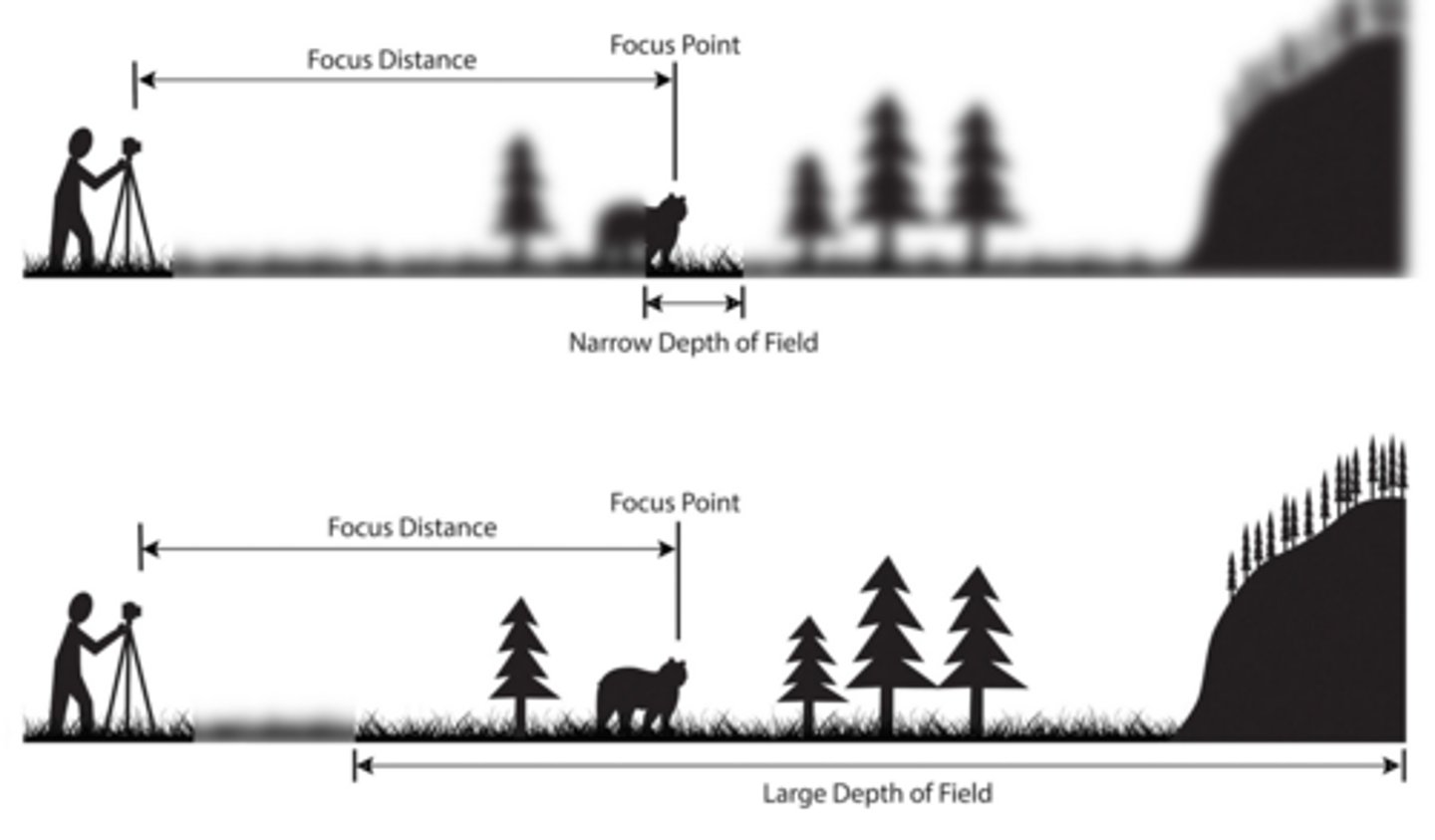
Shutter Speed
The amount of time the shutter inside the camera is open to expose your photo
Fast Shuttter Speed
Used to freeze motion
Slow Shutter Speed
Used to create motion blur in an image
Panning
An image that will have a subject in focus and motion blur in the background, created by following your subject with the camera while clicking your shutter release and leaving your subject within the same spot in the viewfinder
1/500th or 1/1000th
A faster shutter speed, will freeze motion
1/60th or 1/30th
A slower shutter speed, may create camera shake or blur
Bulb
A setting on your camera that will leave the shutter open until you close it
Exposure Triangle
A common way of associating the three variables that determine the exposure of a photograph: ISO, Aperture, and Shutter Speed
Over-Exposure
Lost highlights and details, creating a white-looking or washed-out image
Under-Exposure
Too many shadows and not enough details, creating a dark or shadowy image
Correct exposure
Creating an image with no loss in highlights, shadows, and details
White Balance
The process of removing unrealistic color casts, so that objects which appear white in person are rendered white in your photo.
Color Temperature
The warmth or coolness of a color, measured in Kelvins
5500K
Daylight and flash/strobes
3200K - 4000K
Fluorescent
AWB
Auto White Balance; a mode on digital cameras that allows the camera to automatically calculate the white balance
M
Manual Mode, where you choose the settings for shutter speed and aperture
A or Av
Aperture priority mode, where you choose the settings for your aperture and the camera chooses the shutter speed
S or Tv
Shutter priority mode, where you choose the settings for your shutter speed and the camera chooses the aperture
Auto
Auto Mode, where the camera selects both the shutter speed and aperture depending on what it sees
Auto Focus
A focusing system found in modern cameras which can automatically control the optics in a lens to bring a subject into focus
Manual Focus
When the photographer controls their lens' focus by hand, usually turning a focus ring on the lens
Rule of Thirds
A composition rule that divides the image into thirds horizontally and vertically
Negative Space
The area which surrounds the main subject in your photo
Postive Space
The main focus of a picture
Tripod
Used to stablize a camera
Loop Lighting
A portrait lighting pattern that creates a nose shadow that 'loops' down at an angle onto their cheek
Butterfly Lighting
Portrait lighting in which the main source of light is placed high and directly in front of the face; this creates a shadow under the nose that resembles a butterfly
Rembrandt Lighting
Portrait lighting that places a lit triangle below the subject eye surrounded by shadow
Spilt Lighting
Portrait lighting that splits the face exactly into equal halves with one side being in the light and the other in shadow
Soft box
A light modifier that diffuses the source and focuses it around the subject by means of a black box with scrim.
Umbrella - shoot-thru and reflective
Produces a broader, diffused lighting (similar to outdoor light) that is uncontrolled and uncontained
Snoot
Often used to create a single beam of light to highlight an object or person
Reflector - white, silver, or gold
Used to redirect light towards a given subject or scene
Black Reflector
Used to block or take out the light from a subject or scene
Lighting Modifiers
Used to change the quality of light on a subject or in a scene
Developer, Stop, and Fixer
Chemical process to develop film or photographic paper
SLR camera
Single lens reflex camera
DSLR camera
Digital single lens reflex camera
Exposure
The amount of light in a photo; under-exposed is not enough light, while over-exposed is too much light
High-Key
An image made primarily of light or bright tones
Low-Key
An image made primarily of dark or black tones
Zoom lens
A lens with variable focal length
Prime lens
A lens with a fixed focal length
Vignette
Means the darkening of image corners when compared to the center, can occur by optics or purposefully added in post-production
Ambient Light
The natural light in a scene
Key, Fill, and Back
3 point lighting, standard 3 light lighting set-up
Key or Main Light
Defines the subject
Fill Light
The light source used to fill in shadows caused by other lights but without creating harsh shadows of its own
Back Light - a.k.a. rim light
Illumination from behind the subject and usually creates a sense of depth
Hair Light
Portrait lighting setup that adds dimension and drama to the image by accenting the shoulders and crown of the subject